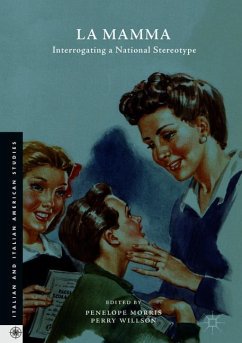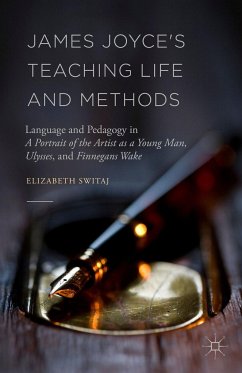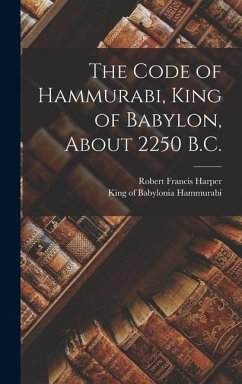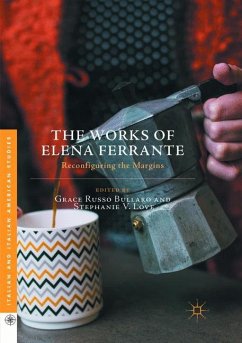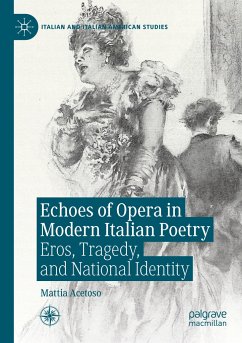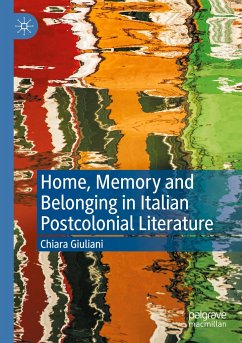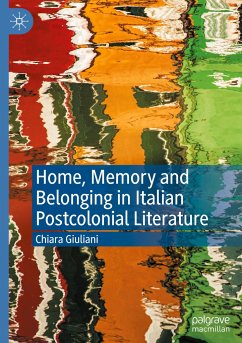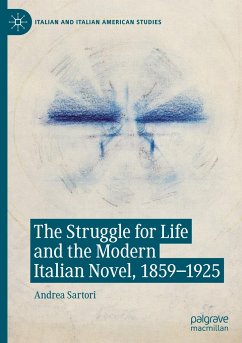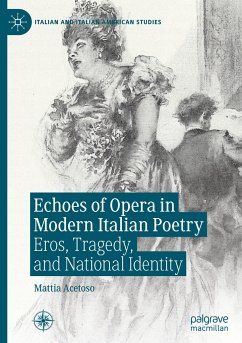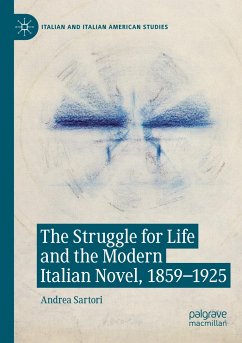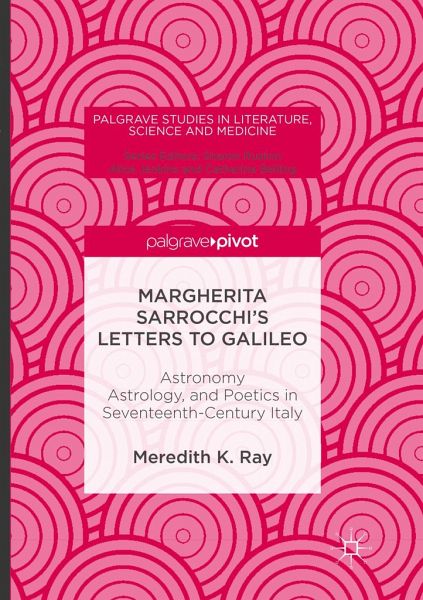
Margherita Sarrocchi's Letters to Galileo
Astronomy, Astrology, and Poetics in Seventeenth-Century Italy
Versandkostenfrei!
Versandfertig in 6-10 Tagen
38,99 €
inkl. MwSt.
Weitere Ausgaben:

PAYBACK Punkte
19 °P sammeln!
This book examines a pivotal moment in the history of science and women's place in it. Meredith Ray offers the first in-depth study and complete English translation of the fascinating correspondence between Margherita Sarrocchi (1560-1617), a natural philosopher and author of the epic poem, Scanderbeide (1623), and famed astronomer, Galileo Galilei. Their correspondence, undertaken soon after the publication of Galileo's Sidereus Nuncius, reveals how Sarrocchi approached Galileo for his help revising her epic poem, offering, in return, her endorsement of his recent telescopic discoveries. Situ...
This book examines a pivotal moment in the history of science and women's place in it. Meredith Ray offers the first in-depth study and complete English translation of the fascinating correspondence between Margherita Sarrocchi (1560-1617), a natural philosopher and author of the epic poem, Scanderbeide (1623), and famed astronomer, Galileo Galilei. Their correspondence, undertaken soon after the publication of Galileo's Sidereus Nuncius, reveals how Sarrocchi approached Galileo for his help revising her epic poem, offering, in return, her endorsement of his recent telescopic discoveries. Situated against the vibrant and often contentious backdrop of early modern intellectual and academic culture, their letters illustrate, in miniature, that the Scientific Revolution was, in fact, the product of a long evolution with roots in the deep connections between literary and scientific exchanges.



